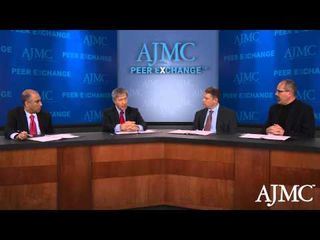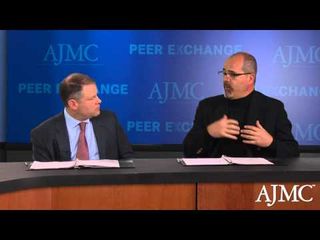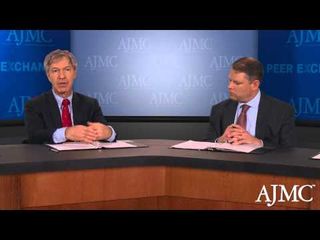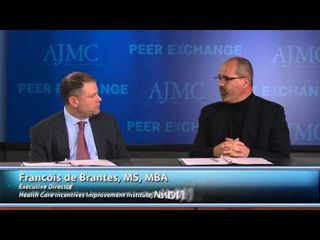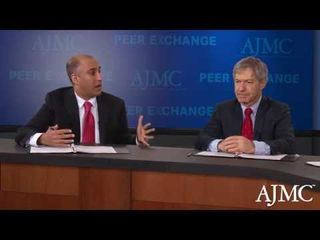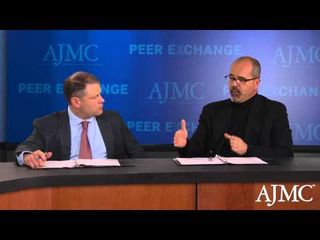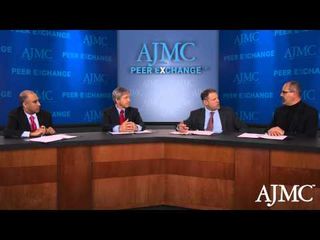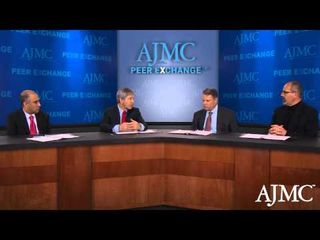
Health Care Cost
Latest News

What We’re Reading: Delta Variant in Nursing Homes; Financial Burden of COVID-19 Hospitalization; Heat Wave Impact During Pregnancy
Latest Videos

CME Content
More News

Coverage of our peer-reviewed research and news reporting in the health care and mainstream press.

President Joe Biden reportedly will increase global COVID-19 vaccine donations; the pandemic may have led to an increase in home births; use of Biogen’s Adulhelm, an Alzheimer disease drug, does not hit initial projections.
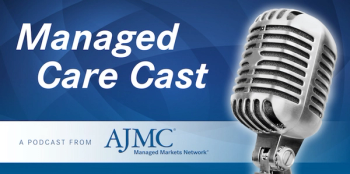
On this episode of Managed Care Cast, we address how delays in routine care and other aspects of the pandemic are affecting payer organizations today, and how technology innovations like natural language processing can work to empower key initiatives in population health and beyond.

An updated report shows that the long-term cost of treating the health effects of polycystic ovary syndrome (PCOS)—$4.3 billion—is even higher than $3.7 billion it takes to diagnose and treat immediate issues that present for women who are of reproductive age.

A study of patients given first-line metastatic melanoma treatment showed that utilization rates were highest in patients using ipilimumab-containing therapies.

Medicare beneficiaries with psoriasis and psoriatic arthritis were found to pay high annual out-of-pocket (OOP) costs for treatment, which researchers attributed to rising drug prices and reliance on co-insurance for patient cost-sharing.
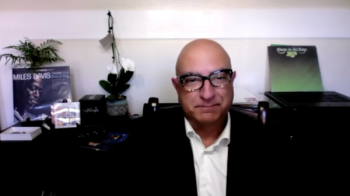
Looking forward to the 10th anniversary of the Patient-Centered Oncology Care® (PCOC) conference, taking place in a hybrid format September 23-24, 2021, Joseph Alvarnas, MD, of City of Hope, editor-in-chief of Evidence-Based Oncology™, and co-chair of the meeting, discusses the takeaways that attendees can expect to hear about in the areas of patient care, payment and quality, and multidisciplinary collaboration among specialists.

COVID-19 hospitalizations among the unvaccinated cost billions between June and August; the Department of Justice called for a temporary block on the Texas abortion law; legislators limited the power of public health officials in at least 26 states, a report shows.

Innovative therapies for rare diseases such as spinal muscular atrophy (SMA), when paid for by public budgets in the European Union and elsewhere, are often managed by agreements between payers and drug companies, but details can be hard to discern.

Data from 2 patient cohorts show that by increasing awareness of such influences as clinic location and patient age and transgender status, gaps in prescription decisions for integrase strand transfer inhibitors (INSTIs) can be lessened.

Study authors found that knowing a patient’s minimal residual disease status can help pinpoint the right multiple myeloma therapy to improve overall and progression-free survival.

In part 2 of a 2-part series, we look at the mental health risks affecting 9/11 rescuers, the lessons learned that apply to health care workers during the current pandemic, as well as continued barriers to care.

The administration said it would make the results of its drug price negotiations with manufacturers, as well as its approach to value-based care models, open to a variety of payers.

A new Texas law ending abortions after 6 weeks takes effect, angering the American College of Obstetricians and Gynecologists; the CDC says mortality rates may not go back to normal until 2023; a Senate version of a bill aimed at lowering drug prices would only impact Medicare.

Two people dead after receiving potentially contaminated Moderna COVID-19 vaccines in Japan; Biogen offers its controversial and expensive Alzheimer disease treatment for free to boost prescriptions; COVID-19 infection with the Delta variant may more than double the risk of hospitalization.
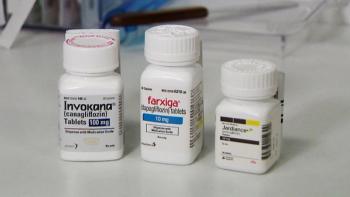
The 5-year update could help solidify the role of sodium glucose co-transporter 2 (SGLT2) inhibitors in treating heart failure, years after the first evidence of their effectiveness emerged.

Patients with comorbid Alzheimer disease and insomnia were found to be more likely to report claims of higher cost health care services such as inpatient hospitalization and emergency care, along with significantly greater mean total annual health care costs than those without insomnia.

This article presents a cost-effectiveness analysis of nivolumab vs docetaxel from the US payer perspective in non–small cell lung cancer (NSCLC) based on randomized phase 3 studies with a minimum 5 years of follow-up.

Coverage of our peer-reviewed research and news reporting in the health care and mainstream press.

A review of therapies for atopic dermatitis (AD) found adequate net health benefit for new treatments. However, safety remains a concern for the Janus kinase (JAK) inhibitors.

Vizient recently released its Summer 2021 Pharmacy Market Outlook, which projects pharmaceutical spending for 2022 based on an analysis of its members' data. On this episode of Managed Care Cast, we talk about some of the findings.

The analysis included 64 cost-effectiveness analysis scenarios across more than 30 studies between 2009 and 2019, approximately half (53%) of which determined precision diagnostic testing to be cost-effective.

Using artificial intelligence (AI) effectively may help to revolutionize the diagnosis, monitoring, and treatment of multiple sclerosis (MS), as well as optimizing understanding of the immune-mediated disease.

The combined toll of the COVID-19 pandemic and the health effects of climate change tests an already beleaguered US health system.

FDA reportedly aims to fully approve Pfizer-BioNTech COVID-19 vaccine by early next month; Biogen’s Alzheimer drug sees little uptake; majority of Americans over 65 have received at least 1 dose of a COVID-19 vaccine.



